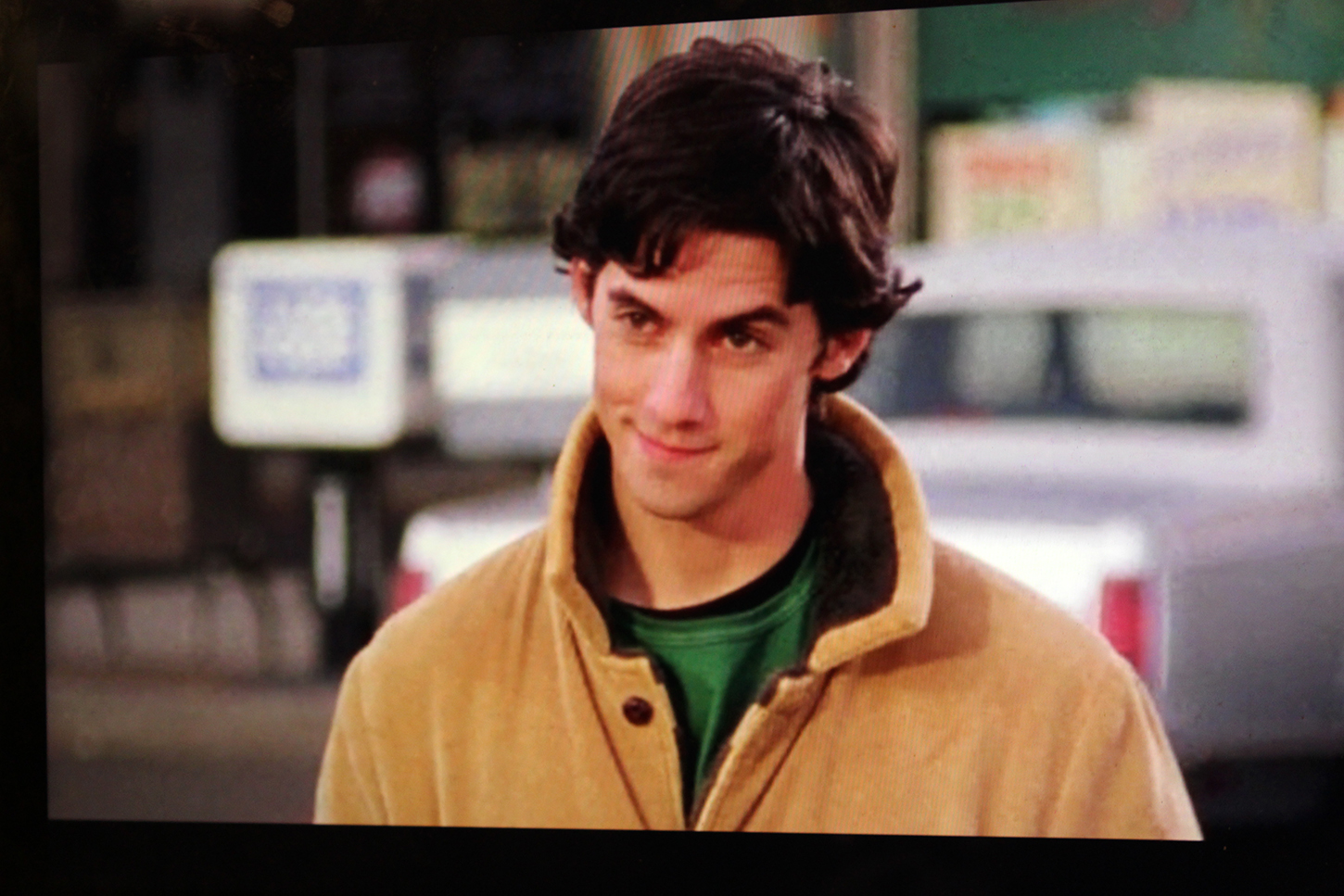Allowing gay marriage in Massachusetts has neither diminished the importance nor the number of marriages in the state, speakers said on Thursday.
Legal director of the Gay &’ Lesbian Advocates &’ Defenders organization Gary Buseck and Assistant Attorney General Maura Healey addressed about 40 Boston University students in the Law Barristers Hall in a lecture titled “The DOMA Decisions: The National Gay Marriage Debate and the Road Ahead.”
Healey explained that the Mass. Civil Rights Division did not challenge the 1996 Defense of Marriage Act’s second section, which states that no state need recognize the marriage laws of other states regarding same sex marriage.
Instead, the organization disputed the Act’s third section, which defines marriage as “the union between one man and one woman, as husband and wife, and the word spouse only refers to a person of the opposite sex.”
The Mass. Civil Rights Division argued that DOMA violated Mass.’ spending clause because it was asking to take a single group of married people and divide it into two separate parts, straight or gay, Healey said.
Buseck said he worked with many others to appeal the DOMA decision.
Because of his work, Massachusetts began issuing marriage license to same-sex couples in 2004, he said.
Since then, more than 1,600 couples have gotten married in Massachusetts, many of whom have children, Healey added.
“For us, six years hence, we feel strongly that this has been a very positive development not only for families and those couples, but also for our state,” he said.
While some people were concerned that the allowance of same-sex marriage would show a decrease in the institution and a rise in divorce, marriage rates have remained high. Massachusetts still has the lowest divorce rate in the nation, Healey said.
A state-run study showed 70 percent of gay and lesbian respondents felt more accepted in their community since the DOMA decision in July and overall, mental health studies have shown very positive effects, she said.
Although the fight against DOMA has made it to the federal courts, Buseck said there is still a long fight coming up to maintain the positive streak and fully accomplish the goal of equality.
“Ultimately, when we get formal equality then we need assurance that that formal equality is going to be a lived reality for every LGBT person,” Buseck said.
He said it is going to be an ongoing fight against discrimination that won’t disappear in the near future.
However, in 2010 the majority of Americans polled said that they did not consider gay people immoral, Buseck added. This is this first time ever that this opinion has tipped over the 50 percent mark.
The fight for the DOMA decision is now only at the federal level and has yet to get to the states, speakers said, a fact which spurred student discussion following the panel.
The consensus from the group of students attending was that the battle is and should be at the state level, but the appeal of DOMA in the federal courts is a good start.
“This is only a federal action, we still need to take care of the issue at the state level,” first-year LAW student Josh Talicska said.

























































































































